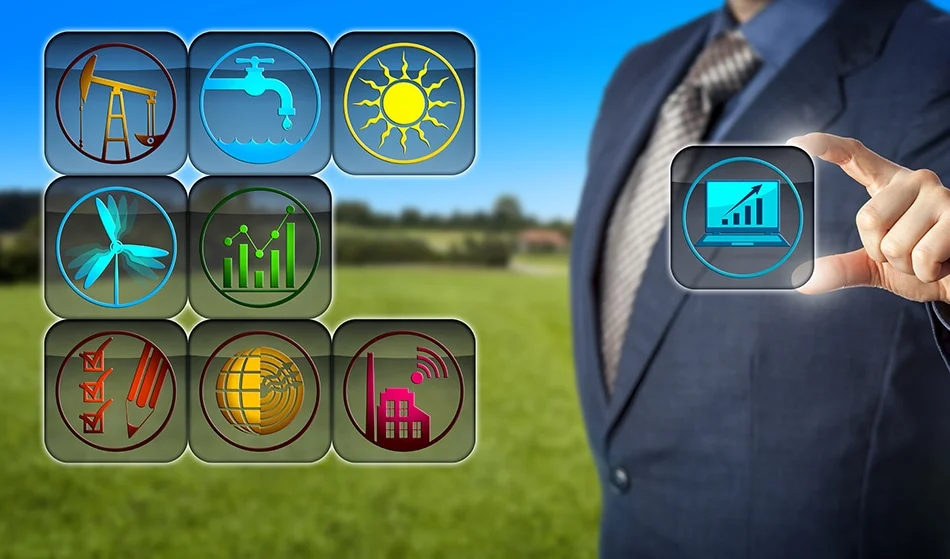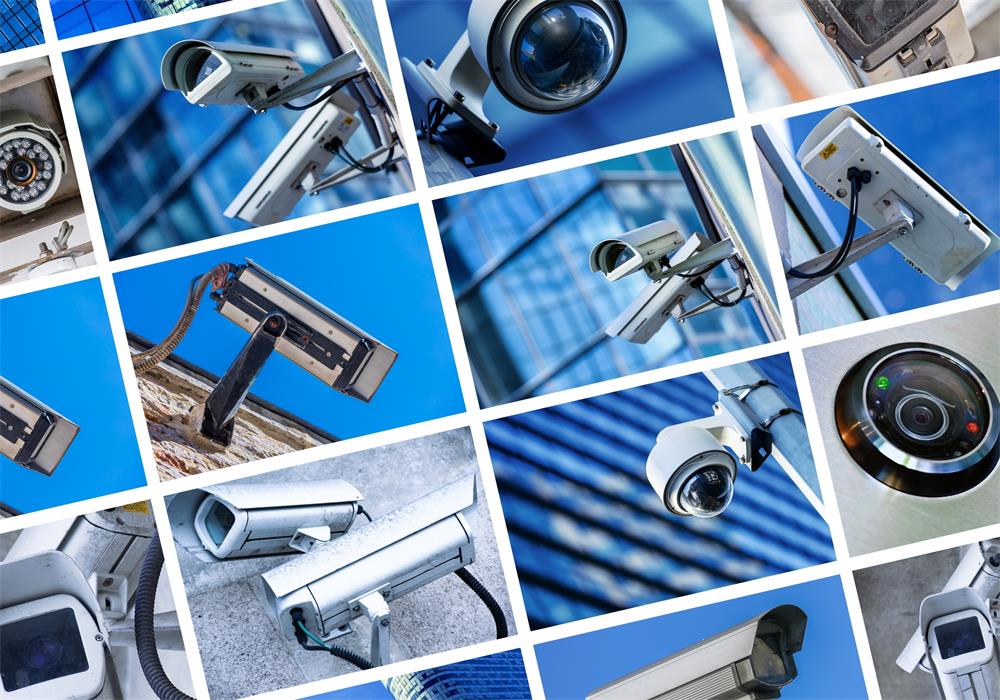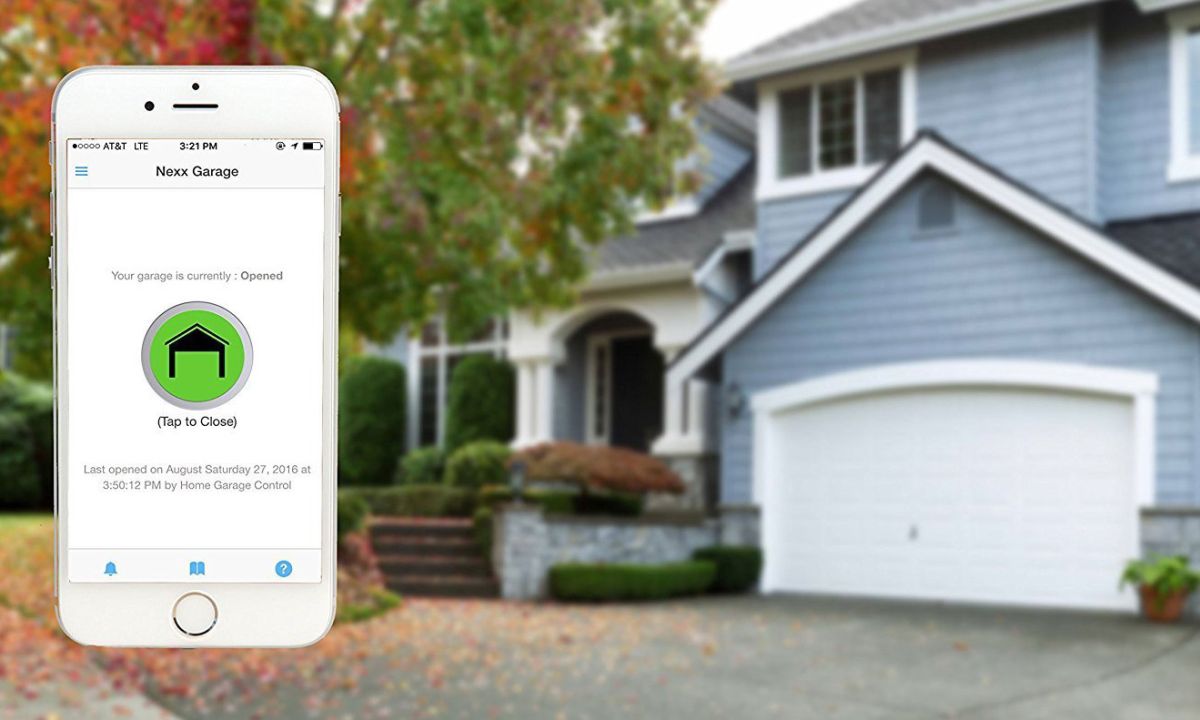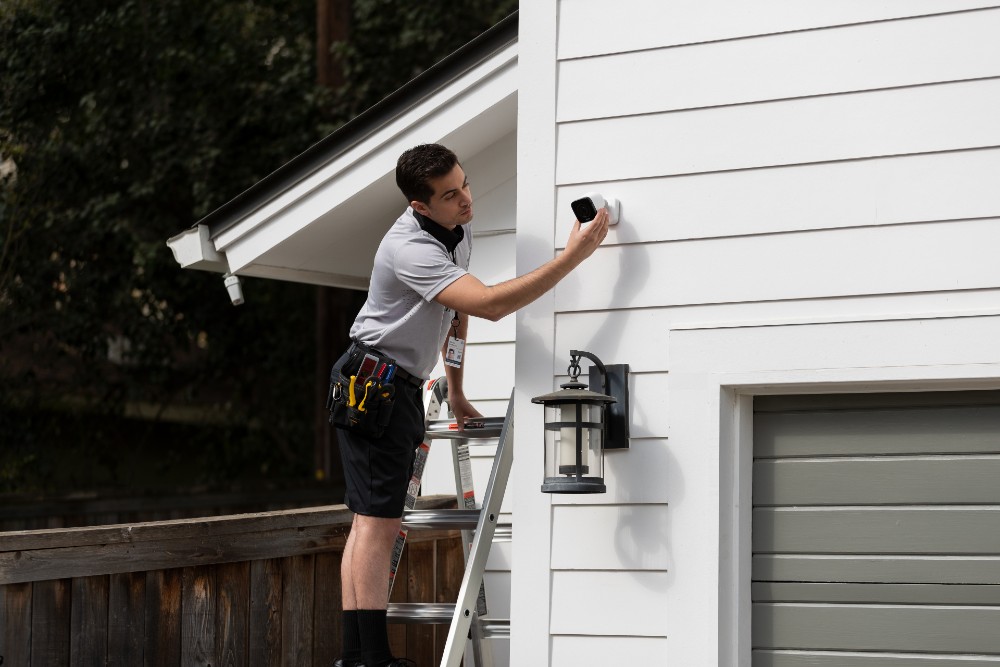Contents
The Importance of Environmental Sensors in a Security System
Home security is paramount in this day and age, with the rise of crime and the need for safety. A secure and safe environment is not just about preventing burglaries, but also about keeping the inhabitants safe from hazards that can pose a threat to their health and well-being. This is where environmental sensors come into play.
Environmental sensors are devices that detect changes in specific environmental conditions such as air quality, temperature, humidity, water leakage or flooding, or even seismic activity. They work by monitoring these conditions constantly and alerting homeowners or authorities when any unusual change is detected.
In today’s world where climate change has become an increasingly pressing concern, having an integrated security system that includes environmental sensors has become more important than ever. The benefits of using environmental sensors are countless and can help to prevent major problems from escalating by detecting them early on.
Preventing Fire Hazards
Fires are one of the most dangerous hazards a home can face. Some fires start unnoticed due to faulty wiring or unattended appliances and can quickly spread out of control causing costly damage or even worse – loss of life. This is where environmental sensors can be lifesavers.
Smoke detectors are one example of an environmental sensor designed to detect fire hazards at an early stage before they get out of control. These detectors detect smoke particles in the air emanating from fires before they spread throughout your home.
In addition, heat sensors can also be used to detect rising temperatures which could cause combustible materials to catch fire. By having these types of environmental sensors installed as part of your security system, you not only protect your property from damage but also provide yourself with peace of mind knowing that you will be alerted immediately if there is a potential fire hazard present.
Monitoring Air Quality
Poor air quality has been linked to various respiratory problems such as asthma, allergies, and even cancer. It is important to have clean air in your home not only for your health but also for your overall wellbeing. Environmental sensors that monitor air quality can detect harmful gases such as carbon monoxide (CO), nitrogen dioxide (NO2), and even volatile organic compounds (VOCs) emitted by household appliances or cleaning products.
This can be particularly useful if you have an old gas furnace or stove that could potentially leak CO gas. By having environmental sensors installed to detect these harmful substances, you can take action immediately by either turning off the appliance or ventilating the area until it is safe again.
Preventing Water Damage
Water damage is one of the most common problems faced by homeowners. Leaky pipes or appliances can cause costly damage to your property if not detected early on. Environmental sensors that detect water leaks or flooding can prevent this from happening.
Water leakage detectors work by detecting any abnormal water flow in your pipes and alerting you immediately before any significant damage occurs. In addition, flood sensors placed in areas such as basements or crawl spaces can detect rising water levels and alert you before a flood occurs.
Enhancing Overall Security
Incorporating environmental sensors into your security system adds another layer of protection to keep you and your family safe. In addition to detecting potential hazards discussed above, environmental sensors also provide added security benefits. For instance, motion sensors placed around windows and doors will alert homeowners when anyone tries to break into their home while they are away.
Glass break detectors will signal when someone tries to break a window in a home invasion attempt. Not only do environmental sensors add value when selling a home but they will also deter burglars from attempting to enter the property as they know their every move will be tracked through these devices.
Incorporating environmental sensors into a home security system provides various benefits that go beyond preventing burglaries. They protect property and health by detecting potential hazards and alerting homeowners before they escalate, providing peace of mind to the inhabitants.
What are Environmental Sensors?
Environmental sensors are electronic devices that can detect and measure changes in the surrounding environment. They are designed to detect any abnormal or unusual changes and notify the user of potential hazards. These sensors can be integrated into a security system to provide added protection against environmental threats.
Environmental sensors work by detecting changes in specific environmental factors such as temperature, humidity, air quality, water levels, and more. When these factors exceed certain limits, the sensor triggers an alarm that alerts the user of potential dangers.
How do Environmental Sensors Work?
The working of environmental sensors depends on their type and intended purpose. However, most environmental sensors use one of two methods for detection: analog or digital.
Analog sensors convert changes in the environment into electrical signals that can be measured by a microcontroller. For example, a temperature sensor might use a thermistor to change resistance with temperature changes, producing an analog voltage output proportional to temperature.
Digital sensors use microcontrollers to read data from various components within the sensor package. This allows them to provide more detailed information about environmental conditions than analog systems but requires more power consumption.
Different Types of Environmental Sensors
There are many different types of environmental sensors available for inclusion in security systems: 1) Temperature Sensors: These types of sensors detect changes in temperature and can trigger an alarm if temperatures rise above or fall below pre-set thresholds. 2) Humidity Sensors: Humidity sensors detect humidity levels in the air and warn users if they get too high or low.
3) Air Quality Sensors: Air quality is vital for health reasons. Contaminants such as carbon monoxide or volatile organic compounds (VOCs) are harmful when breathed in large quantities; hence air quality sensors detect pollutants like these. 4) Water Leak Detectors: These types of detectors sense water leaks before they cause damage.
5) Motion Sensors: Motion sensors detect movement and send alerts to inform users of any suspicious activity. All of these sensors can be used in combination with each other to provide a comprehensive security solution that can detect potential environmental hazards before they turn into serious issues.
The Benefits of Environmental Sensors in a Security System
Detecting Fire Hazards
Environmental sensors are an essential part of any security system as they detect potential threats before they escalate into major fires. They can detect the presence of smoke, heat, and flames, and send signals to the central control panel to alert the authorities or trigger alarms.
This feature is critical in saving lives and preventing property damage. According to the National Fire Protection Association (NFPA), fire departments receive an average of one call every 24 seconds for a fire in America.
Imagine how many lives could be saved if every building had environmental sensors installed. In addition to saving lives, environmental sensors also prevent property damage.
Fires not only cause physical damage but also emotional distress and economic losses. The cost of replacing destroyed properties can be astronomical, leaving many people without homes or businesses.
Monitoring Air Quality
Another benefit of environmental sensors is that they can monitor air quality for harmful gases, smoke, or other pollutants that may cause respiratory problems or illness. Poor air quality has been linked to increased absenteeism from work/school and reduced productivity levels due to health issues such as headaches, fatigue, allergies, and asthma.
Environmental sensors can detect pollutants such as carbon monoxide (CO), nitrogen dioxide (NO2), volatile organic compounds (VOCs), particulate matter (PM), and ozone (O3). Airborne pollutants have been known to contribute significantly to the development of respiratory diseases like asthma and lung cancer; thus monitoring air quality is crucial for our overall health.
Preventing Water Damage
Environmental sensors play a vital role in preventing water damage by detecting leaks or floods before serious damage occurs. Water leakage is one of the most common causes of indoor flooding which leads to property damage; it may also pose electrical safety risks if water comes into contact with electrical systems.
Environmental sensors can detect excessive moisture levels, and alert the building owner or management to take necessary measures. This feature not only helps in preventing damage but also saves money on repair costs.
Enhancing Overall Security
Environmental sensors enhance overall security by detecting any unusual activity or behavior. In addition to detecting fire hazards, air pollution, and water damage, they can also detect intruders. They can detect motion, vibrations, temperature changes indicating forced entries or unauthorized access.
This integration of environmental sensors into the security system creates an efficient and effective way of monitoring the environment and keeping occupants safe. It is an added layer of protection that enhances the security system’s functionality and ensures that all occupants are safe at all times.
Conclusion
Environmental sensors in a security system provide several benefits such as early detection of fire hazards, monitoring air quality for pollutants that may cause health problems or reduce productivity levels. Environmental sensors are also helpful in preventing water damage and enhancing overall security by detecting any unusual activity or behavior. By investing in an integrated security system with environmental sensors is a wise decision as it provides essential safety features while saving money on repair costs and protecting against property losses due to unforeseen events.
Conclusion
After exploring the various benefits of environmental sensors in a security system, it is clear that these devices offer a range of advantages. By detecting fire hazards, monitoring air quality, preventing water damage, and enhancing overall security, environmental sensors provide businesses and homeowners with a comprehensive solution for safeguarding their properties.
One of the most significant benefits of using environmental sensors is that they can detect fire hazards before they escalate into major fires. As we discussed earlier, this feature can save lives and prevent property damage.
By detecting smoke or high temperatures in a building, sensors can alert occupants to the presence of a fire and allow them to evacuate quickly. Moreover, in some cases, they can even notify emergency responders automatically.
Another key benefit of using environmental sensors is that they monitor air quality for harmful gases, smoke, or other pollutants. This feature is particularly important for people who suffer from respiratory illnesses such as asthma or allergies.
By ensuring clean air within buildings or homes, occupants will be healthier and more productive overall. Environmental sensors also help prevent water damage by detecting leaks or flooding before significant damage occurs to properties.
Water leaks can lead to costly repairs and create hazardous living conditions if not addressed promptly. Therefore early detection through environmental sensors is critical not only to one’s wallet but also the safety of those who reside there.
but no less important role Environmental Sensors play in enhancing overall security by detecting any unusual activity or behavior within buildings or homes which makes them an integral part of any building’s security system architecture nowadays. Environmental Sensors in Security Systems are beneficial tools that help ensure the health and safety of those who live and work within buildings or homes.
Their ability to detect fire hazards while also monitoring air quality and preventing water damage makes them an essential component in any comprehensive security system framework. So if you’re not already using environmental sensors as part of your property’s security strategy – it’s time to start!










